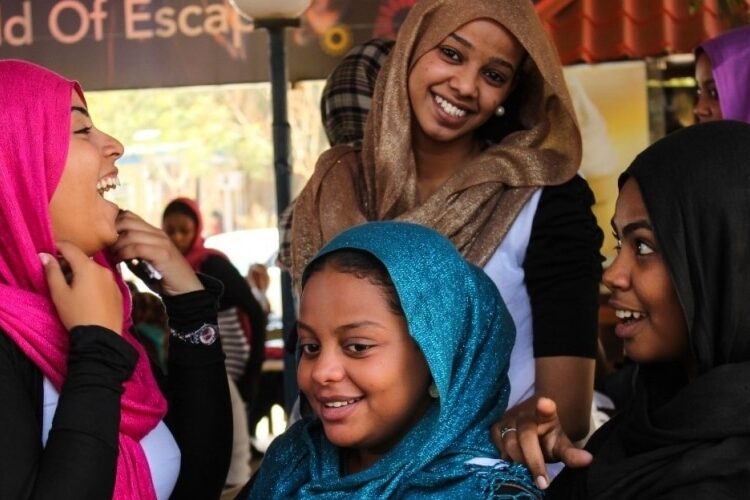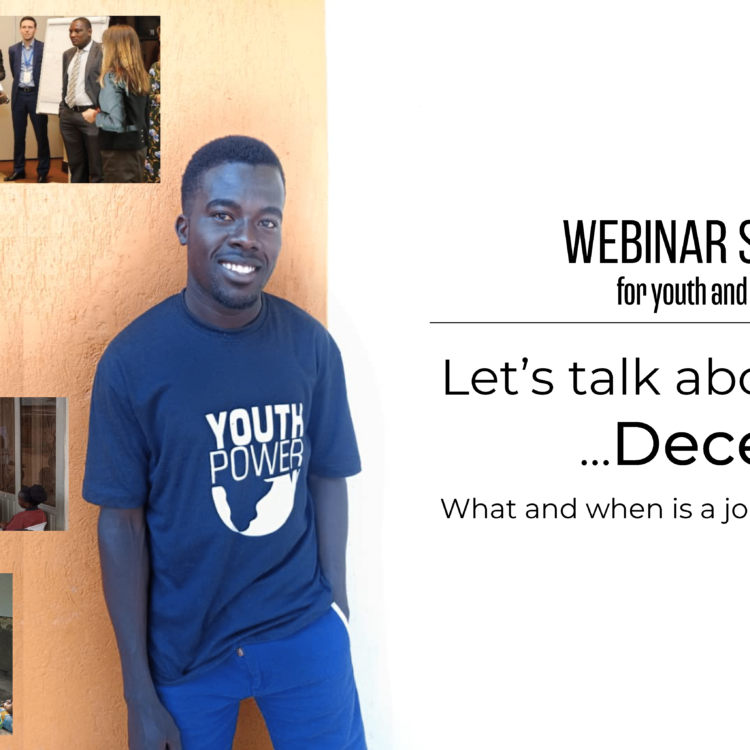
Unemployment remains one of the main challenges affecting African countries, and young people are particularly disadvantaged. Statistics from the International Labour Organisation (ILO) show that youth (aged between 15 and 24 years) are three times as likely as adults to be unemployed. In addition to this, the number of young Africans who are not in employment or education or training (NEETs) was 51 million in 2019, up from 40 million in 2005. An important point to also consider is that those who are employed do not necessarily have decent jobs; a large proportion of young people are found in fragile and precarious employment, which increases their vulnerability to poor remuneration, job losses, and poverty. The problem is further compounded by the lack of adequate social protection systems in many African countries.
Improving labour market outcomes requires increasing youth’s access to employment opportunities, but one of the main contributors to the unemployment problem is the lack of productive opportunities. However, the question remains: where will employment opportunities come from? As such, an important step towards improving employment outcomes is the identification of the “growth” sectors, i.e., the economic sectors that have the potential to significantly increase employment opportunities.
This process must also include identifying and finding solutions to inequalities that exist in access to employment opportunities. In the context of high levels of income inequalities in African countries, it is not surprising that there are significant inequalities among youth in their access to employment opportunities, particularly across gender, socio-economic status, and geographical locations. For example, young women are disproportionately represented in NEETs; Of the 51 million NEETs recorded in 2019, over 60% were female. Young people living in rural areas are also more likely to be affected by unemployment and underemployment. Another important point to consider is the barriers that exist or prevent youth from accessing employment opportunities and, from a political economy perspective, how existing or new policies can support job creation in the growth sectors and improve youth’s access to these opportunities.
The aforementioned are some of the issues that will be the focus of the Growth Sectors for Youth Employment (GSYE) project. This new African Economic Research Consortium (AERC) collaborative research project will provide research evidence on which economic sectors have the potential to significantly create employment for young people. The project has been commissioned by INCLUDE, with support from the Netherlands Ministry of Foreign Affairs. The AERC is implementing the project in partnership with the Economic Research Forum and the Overseas Development Institute. The specific objectives of the project are to:
- identify promising economic sectors or value chains for job creation for young men and women in selected countries in Africa.
- determine the country specific conditions needed for local and foreign private sector to invest in these sectors or value chains.
- identify the country specific actors that are needed to create these conditions that enhance or reduce investment security.
- explore ways to promote equal access and opportunity for youth to these new sources of work and income, addressing inequality related to gender, socio-economic background, and place of residence.
The project has three main phases:
- The first phase includes drafting of framework research papers that discuss the youth employment problem and provide information that will feed into research at country-level (case studies). This phase is currently ongoing.
- The second phase involves in-depth research in 10 African countries to identify growth sectors, and enablers or barriers to youth’s access to employment opportunities. The 10 countries where case studies will be carried out are Ethiopia, Egypt, Kenya, Mali, Mozambique, Niger, Nigeria, Senegal, Tunisia, and Uganda.
- The third and final phase of the project will involve dissemination and policy engagement on the findings from the framework research and country case studies. This will take place after phases 1 and 2 have been completed.
If you would like to keep up with information from the Growth Sectors Project, please email Winnie Sambu (winnie.sambu@aercafrica.org).



